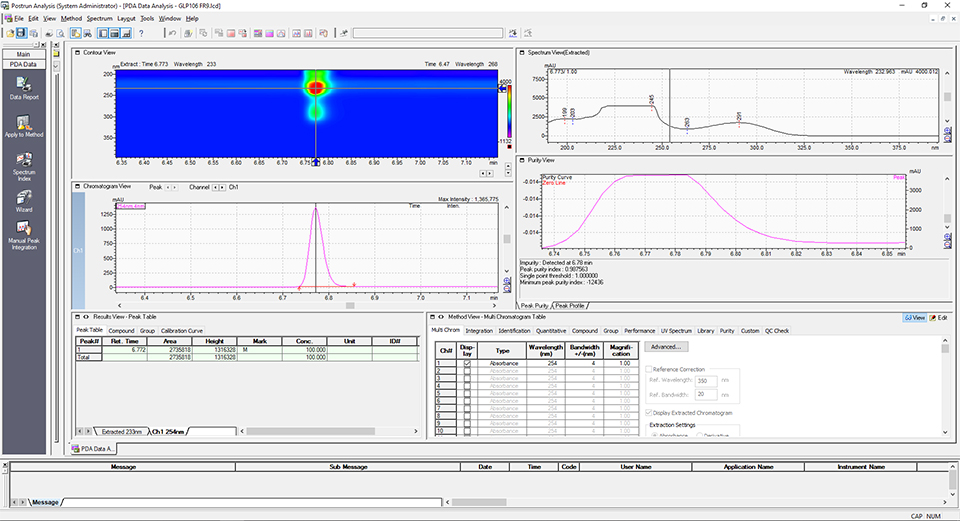
Design and synthesis of novel potential KDM4a inhibitors
Abstract
The discovery of new, more effective, and selective drugs is a challenging, time and money-consuming process. The early drug discovery phase needs the interplay of several expertise and joint skills. In Ri.MED, we implemented an interdisciplinary Drug Discovery area aimed at identifying new potential active ingredients. Recently, a first screening campaign was completed for the target KDM4a. This enzyme belongs to the 2-oxoglutarate-dependent JmjC subfamily (KDM2-7) and catalyzes the removal of di- and trimethyl marks from H3K9 and H3K36 histones. DNA and histone modifications are important components of epigenetic regulation representing essential events in controlling the chromatin structure and function; methylation is indeed the most advanced epigenetic marker. Thus, KDM4a is an appealing target and has been found frequently over-expressed in several human cancers, such as ovarian and colon carcinoma. The virtual fragment screening campaign led to the identification of a preliminary active (IC50 of 7.1 µM) targeting the KDM4a catalytic domain. This primary hit was used as the starting point for the design and synthesis of novel chemotypes. In detail, the carboxy pyridine core was included in bicyclic scaffolds using a bioisosteric approach and aiming at identifying innovative and more potent hit compounds.
Impact:
Aberrant alterations in the chromatin structure and its dysfunction are common causes in tumors, and several enzymes involved in DNA and histone modifications, such as acetylation, methylation, demethylation, and ubiquitination have been validated as therapeutic targets in oncology. Of note, drugs targeting epigenetic enzymes can act to prevent cancer progenitor cell formation, as well as kill the cancer cells usually resistant to other classical therapeutic treatments. KDM4a deregulation has been reported for several cancer types, such as prostate, bladder, colorectal, squamous cell carcinoma, lung, and breast cancers. There is indeed a great interest for the scientific community in developing small molecule drugs able to inhibit the demethylase activity of KDM4a. Several small molecules targeting KDM4a have already been developed but none of them managed to reach the market as they failed the clinical trials due to lack of selectivity and specificity. To date, there is no drug available in the market targeting KDM4a.
Pipeline
-
CLINICAL
NEED -
DISEASES
ANALYSIS - DISCOVERY
-
PRECLINICAL
VALIDATION -
PRECLINICAL
DEVELOPMENT -
CLINICAL
STUDIES
Principal Investigator
Contact
Team di progetto:
Therapeutic Areas:
Product:
Hit compounds
Collaborations:
- Dipartimento di Medicina di Precisione – Università della Campania Luigi Vanvitelli, Naples, Italy
Scarica il pdf del progetto

